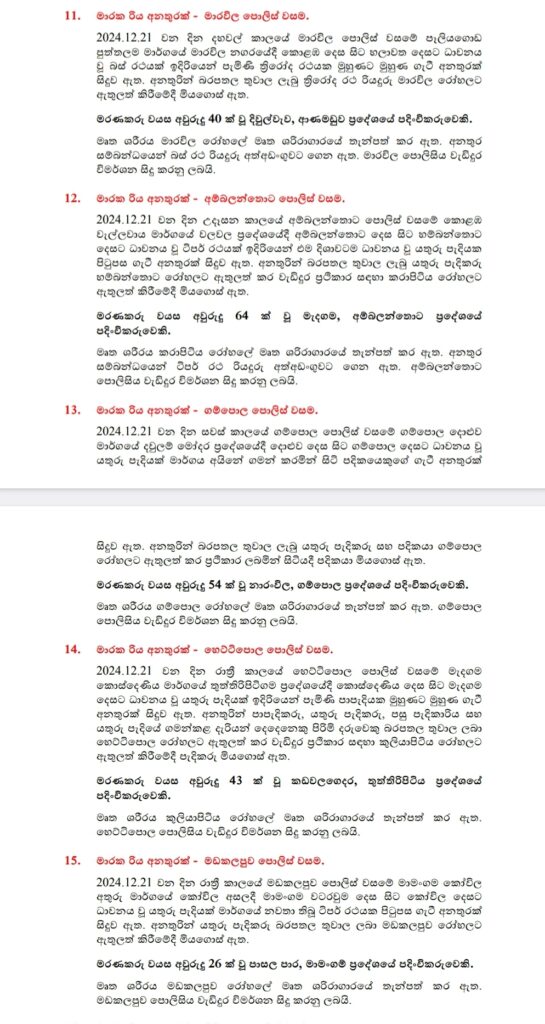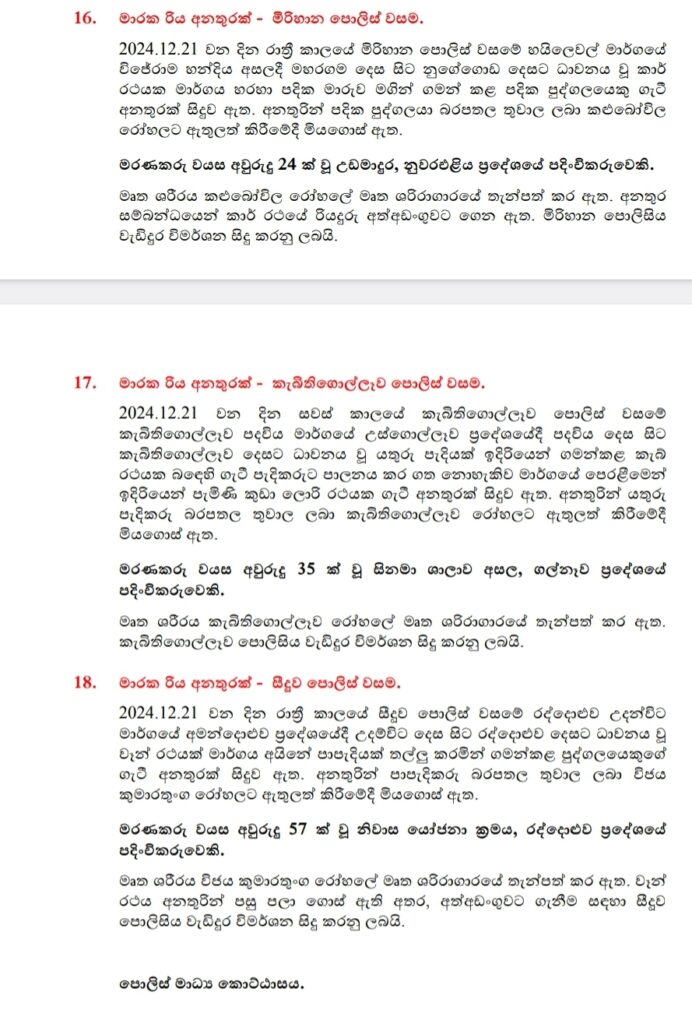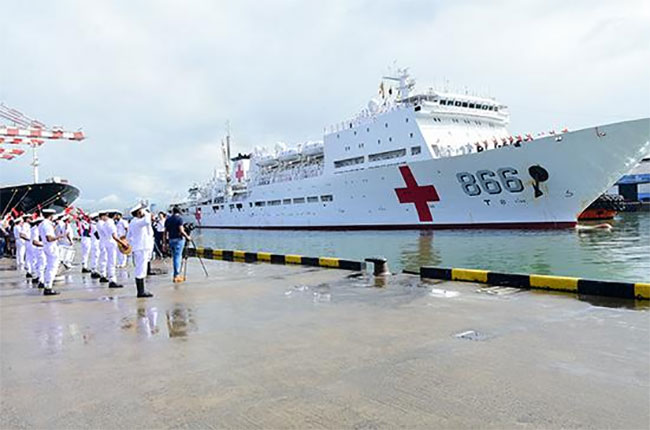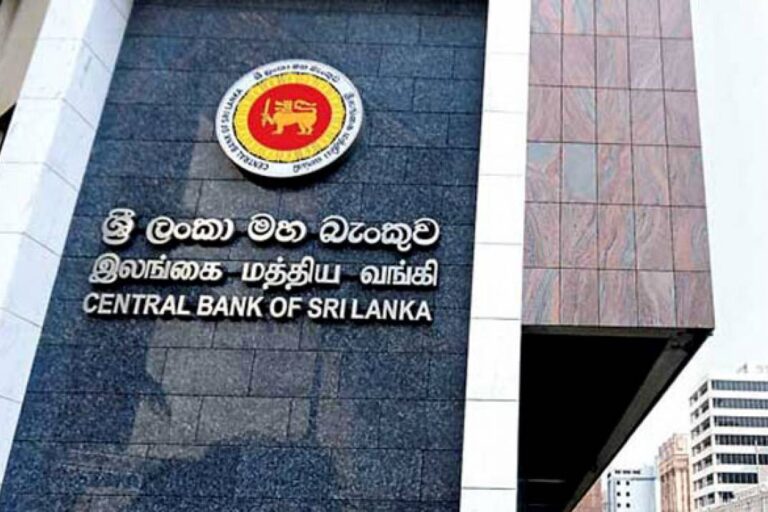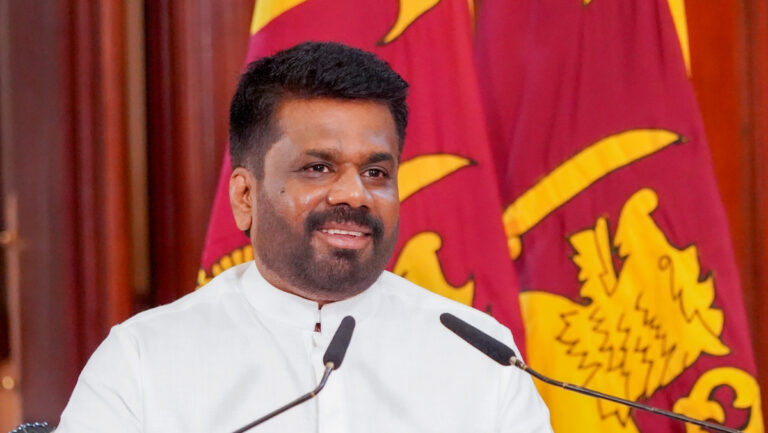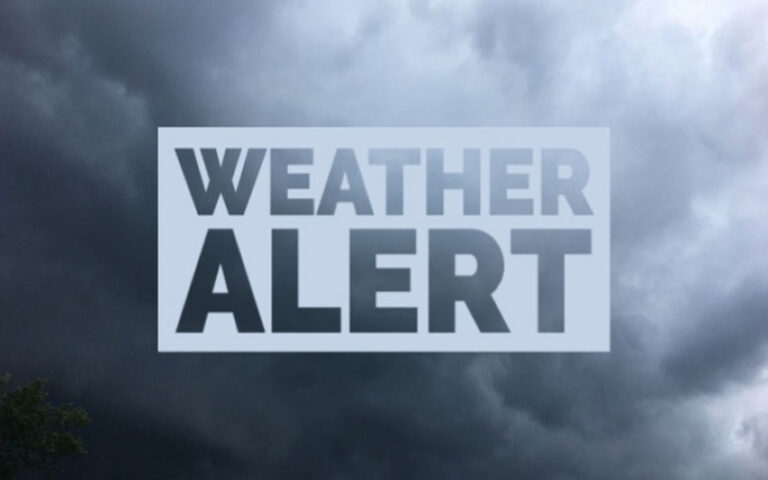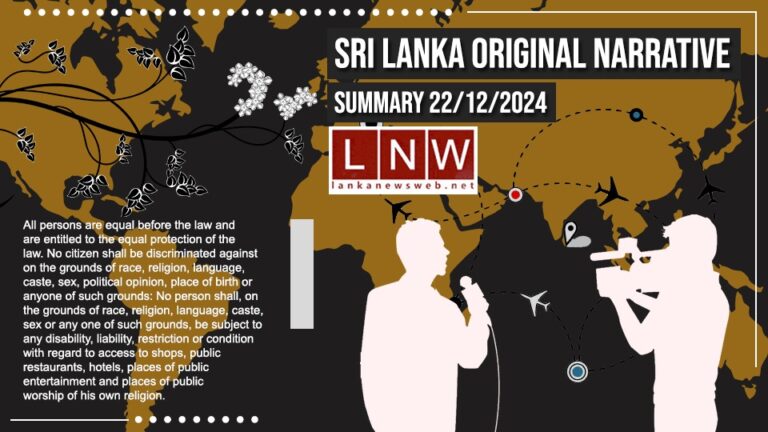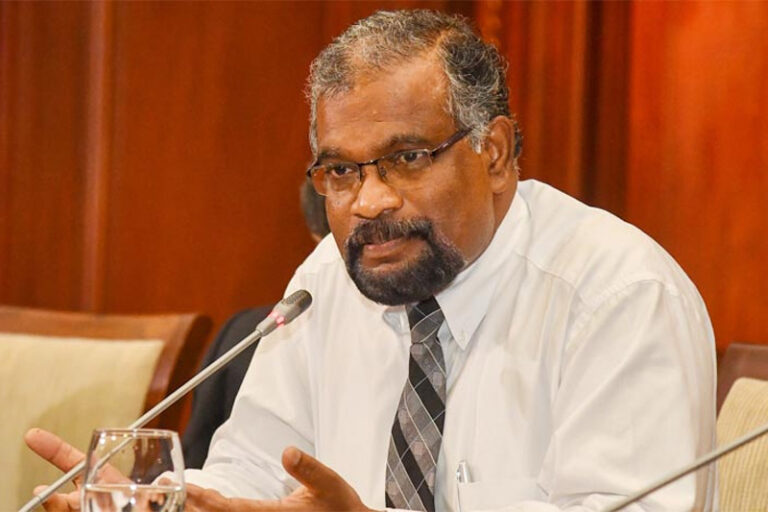Background of the article
- The new government that has been labelled as the conventional leftist has chosen the IMF-Dollar debt based restructuring of the economy. This is intended to enter the dollar-based international capitalism as the country’s new growth model.
- Last two days, the govt. announced two new policies of seeking government efficiency, primarily through restructuring of 166 non-commercial state institutions, and Clean Sri Lanka through the state and private sectors.
- The govt efficiency policy is clear from the Cabinet meeting held 19th (Download the short video here) and the President’s speech on the status of public service yesterday (Download the short video here).

- Meanwhile, the whole US November 2024 Presidential election campaign of Donald Trump with the support of Elon Musk primarily promised two policies, i.e., to boost the Dollar to be the global reserve currency again and setting up a department of government efficiency to facilitate further market-based capitalism by closing down unproductive federal agencies and thereby cutting down nearly US$ 2 trillion federal spending by July 2026 out of US$ 6.5 trillion at present. This is expected to cut the federal budget deficit (around 5.6% of GDP at present) and debt (around 122% of GDP at present) by considerable amounts in years to come.
- President Donald Trump recently threatened BRICS nations with drastic retaliations if they were to continue with non-dollar payment mechanism being tried at present. He also established the Department of Government Efficiency (DOGE) co-headed by Elon Must and Vivek Ramaswamy. Therefore, Elon Musk seems to be behaving like the shadow US President making various public statements as to how the US capitalism is further promoted through terminating regulations and federal regulatory agencies and cutting budget deficits.
- In this context, it appears from the preliminary information that the new Sri Lankan government is likely to follow a macroeconomic model similar to that of the US Donald Trump-Elon Musk. Therefore, this article is to provide a conceptual outlook of the similarity of the two models.
Taxes, Public Service and Regulations – the US view
- The small government, lower regulations and lower taxes are the principles of the US capitalism. A set of short videos is attached below.
- Views of President Ronal Regan in 1975 and Elon Musk in 2024 how regulations are unproductive. Download the short video here
- Views expressed by Elon Musk on the purpose of the DOGE Download the short video here
- Elon Musk defends a small government in order to cut unproductive spending and thereby taxes which will promote capitalism and wealth Download the short video here. His view is that we pay taxes as we earn, as we buy and as we own because of the unproductive big government.
New Sri Lankan Context
- The purpose of the proposed restructuring of 166 state institutions is no different from the DOGE strategy pursued by Donald Trump-Elan Musk when the principle contexts of the US and Sri Lankan policies as highlighted in the above videos are compared.
- In that context, the new policy announced on clean Sri Lanka also should be assessed in reference to the cost added to the govt spending within the fiscal space approved by the IMF. If the cost exceeds the prevailing fiscal space, the prior approval of the IMF is required. According to a recent press interview of the IMF Managing Director together with the World Bank President, the IMF approves additional fiscal space for environmental and climate resiliency projects with the funding support from the World Bank.
Key Issues in Sri Lankan Model
- The presently pursued IMF-Dollar based recovery model is dependent on a new debt flow of Dollars along with restructured debt contingent on the future growth performance of the economy. However, the government does not have any strategies to generate a trade-based dollar surplus to sustain the dollarized economy in the foreseeable future.
- The use of professional committees to study and recommend the course of action for state policies is not practical because nothing has happened through such professional committees or statutory commissions in Sri Lanka so far, other than messing up the government. The committee mania is the escape device frequently used by the 2015 good governance government. I am doubtful whether even a sensible committee report will be submitted as required. Even if reports are submitted, the general experience is the non-usability of such reports as observed from recent reports, other than some political shows. For example, a big political fuss was created on the Central Bank salary increase 2024-26 at all levels including the Cabinet and Parliament whereas the Central Bank has now outright disregarded the committee’s recommendations accepted by the Parliament.
- The public responsibility of such new policies is with the the Parliament or lawmakers and not with external professional committees. The Parliament has a number of supervisory committees that can be used for this purpose. In addition, the Parliament can hire experts to draft laws as required.
- The other hurdle is the existence of several state institutions lawfully authorized to deal with the two subjects, i.e., restructuring of non-productive state agencies and clean Sri Lanka. Therefore, recommendations made by external committees may not be accepted or implemented by such authorities. If so, the government may violate own laws.
- In that context, it is advisable that the government pursue both proposals (clean Sri Lanka and state restructuring) through the existing IMF programme being the Sri Lankan macroeconomic tinker for the past two years. It anyway requires the IMF approval if they affect the fiscal space already approved by the IMF. A large number of state enterprises is already in the IMF programme conditions. Therefore, seeking the technical assistance of the IMF, similar to the anti-corruption and good governance model being implemented at present and IMF reform list of state enterprises, will be preferable to local experts who are highly uncertain.
- The Cabinet Spokesman clarified these 166 institutions as those who have not fulfilled their statutory functions. Therefore, the question arises as to whether other state institutions are efficient. For example, the Ministry of Finance and Central Bank together mismanaged debt and defaulted unconstitutionally causing the country’s bankruptcy. However, both institutions continue free without any management reform. Public Enterprises Department and National Budget Department have failed in supervision of these 166 institutions. Therefore, the state efficiency is a world-wide legacy issue that external expert committees cannot find solutions. Therefore, such professional committees and reports are only attempts of the government to escape the problem.
Concluding Remarks
- Given the global dominance of the US dollar capitalist model with the supporting IMF-World Bank-investor network and Sri Lankan IMF-Dollar debt based fiscal and monetary system, it would be ideal to work with Donald Trump-Elon Musk economic model alternative to the conflicting India and China mix or geo-politically confused BRICS link.
- The only concern here is the low profile of Sri Lankan leaders to handle the new capitalist model as compared to Donald Trump and Elon Musk who enjoy globally ranking business profiles, individual wealth and commanding proficiency in wealth creation through competitive markets.
- It is confident that the IMF-World Bank will be a fine conduit to coordinate the US and Sri Lankan models.
- The majority of Sri Lankan public will be happy for the new model if it is sustainably pursued as it will open Sri Lanka to development and prosperity on the global dollar network and businesses.
- The new capitalist model will be further facilitated if the new government re-establishes the Currency Board System (i.e., printing money against dollar reserves only) in place of the existing failed central banking and sovereign currency system.
- The ideal capitalist model for Sri Lanka may be to become an island economy with US Dollar as the national currency by gradually terminating the Rupee and money printing so that Sri Lanka will be free from money printing scandals, inflation ghosts and dollar debt traps as Sri Lanka will be a de-facto part of the US economy, the global leader. The presently followed IMF solution is a shadow dollar model. In that way, we can correct many errors made by national leaders in the past 76 years as alleged to have led to the present foreign currency debt crisis and bankruptcy.
(This article is released in the interest of participating in the professional dialogue to find out solutions to present economic crisis confronted by the general public consequent to the global Corona pandemic, subsequent economic disruptions and shocks both local and global and policy failures. All are personal views of the author based on his research in the subject of Economics which have no intension to personally or maliciously discredit characters of any individuals.)

P Samarasiri
Former Deputy Governor, Central Bank of Sri Lanka
(Former Director of Bank Supervision, Assistant Governor, Secretary to the Monetary Board and Compliance Officer of the Central Bank, Former Chairman of the Sri Lanka Accounting and Auditing Standards Board and Credit Information Bureau, Former Chairman and Vice Chairman of the Institute of Bankers of Sri Lanka, Former Member of the Securities and Exchange Commission and Insurance Regulatory Commission and the Author of 13 Economics and Banking Books and a large number of articles published.)
Source: Economy Forward




